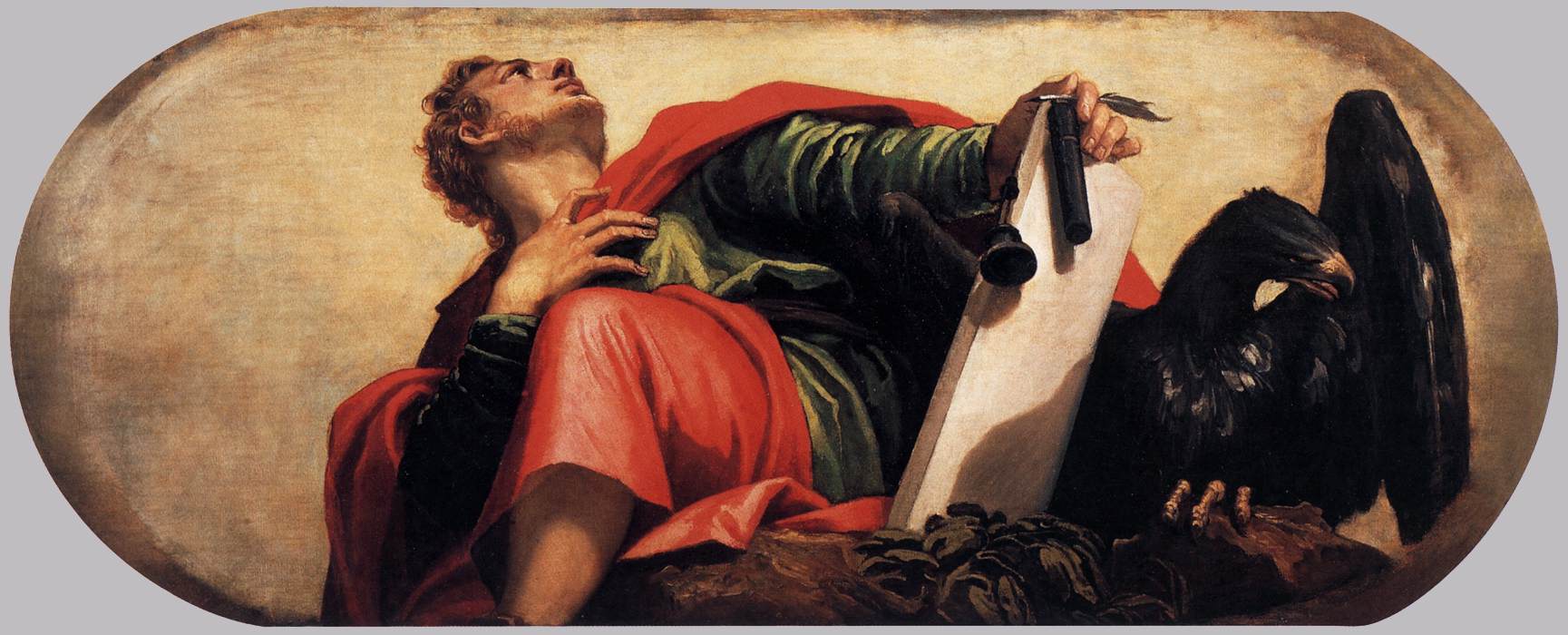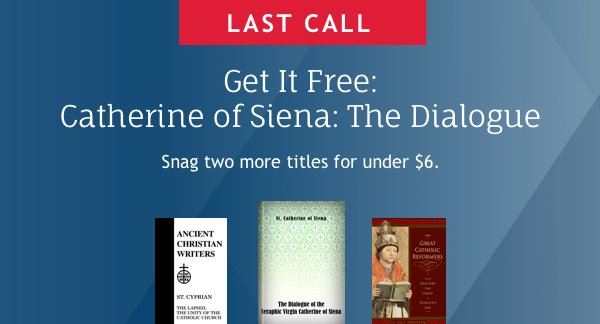In the three-year cycle of the Sunday lectionary, we’re currently
in Year B. Year B is the year of Mark’s Gospel, but in the
summer, it takes a five-week break from Mark to read through
the story of the feeding of the 5,000 and the Bread of Life
Discourse in John 6.

There’s a good chance, then, that the homilies you heard this summer were influenced, whether directly or indirectly, by the scholarship of Fr. Raymond Brown. Brown (1928–1998) was one of the most prominent biblical scholars of the twentieth century, highly regarded by Catholics and non-Catholics alike and especially influential in the study of the Gospel and Epistles of John.
The first part of his Anchor Yale Bible volume on the Gospel of John contains a close reading of the text that draws out important structural parallels between John and the Synoptic Gospels and outlines the structure of John 6 in a way that roughly corresponds to how the readings are broken up in the lectionary. It divides the Bread of Life discourse into two parts: John 6:35–50, which uses the imagery of the Bread of Life with a twofold meaning, referring both to divine revelation and the Eucharist, and John 6:51–59, which refers exclusively to the Eucharist.
Brown speculates on the interrelationship between the development of the tradition underlying this section of John’s Gospel and the Eucharistic liturgy of the primitive Church, seeing Eucharistic motifs in the feeding of the 5,000 and, in the second part of the Bread of Life discourse, possible reflections of a Johannine narrative of the institution of the Eucharist.
Brown’s method is historical-critical, and his career coincided with the adoption of this method by Catholic biblical scholars following Pius XII’s encyclical Divino Afflante Spiritu and the Second Vatican Council’s constitution Dei Verbum. Just as this shift has not been without problems or critics within the Church, so Brown’s work has not been received without controversy. In particular, critics charge that these methods undermine belief in the authority and truth of the Scriptures and make the Bible accessible only to academic experts.
Though many view the embrace of the historical-critical method following Dei Verbum as decisive and irreversible, the debate over its limits and place in Catholic exegesis has continued as Catholics have sought to fulfill Dei Verbum’s carefully balanced call to mind both the human and the divine elements in the Scriptures and to make use of modern sciences while maintaining continuity with the Church’s tradition of exegesis. A good overview of the issues, and a balanced presentation of the state of the question, can be found in Peter Williamson’s Catholic Principles for Interpreting Scripture (available in the two larger Catholic libraries). Brown’s work figures prominently in Williamson’s discussion of the historical-critical method and the literal sense, as well as that of the “fuller sense” (sensus plenior), which was the subject of his doctoral dissertation.
Whatever the eventual outcome of these debates, Fr. Brown’s works remain influential and important for understanding the development of Catholic biblical scholarship and the interpretation of the Gospel of John in the twentieth century, and Logos is the perfect platform for studying them in the context of the whole of Catholic tradition. In addition to his three Anchor Yale Bible volumes on the Gospel and Epistles of John mentioned above, you can get his contributions to the Anchor Yale Reference Library in the five-volume Raymond E. Brown Collection or as part of the two larger Catholic libraries.






Ray Brown will eventually be recognized as one of the transformational biblical scholars in the Catholic Church in the 20th century. His unseen and unpublicized work at bringing the benefits of the Historical Critical method into larger Catholic scholarly audiences is still being felt. People like he and Father Joseph Fitzmyer were reasons that I felt there was an alternative to remaining a Protestant theologian, and returning to my Catholic faith. I have been blessed by reading just about everything the man wrote, and have listened to tapes of his weekend retreats and presentations as well. He lacks nothing in terms of erudition save the snarkiness and disconnect to a faith community that I witnessed among other scholars (both Catholic and Protestant); the man’s life was about building bridges. Nice mention of his work and how Logos is really leveraging his contributions, Louis